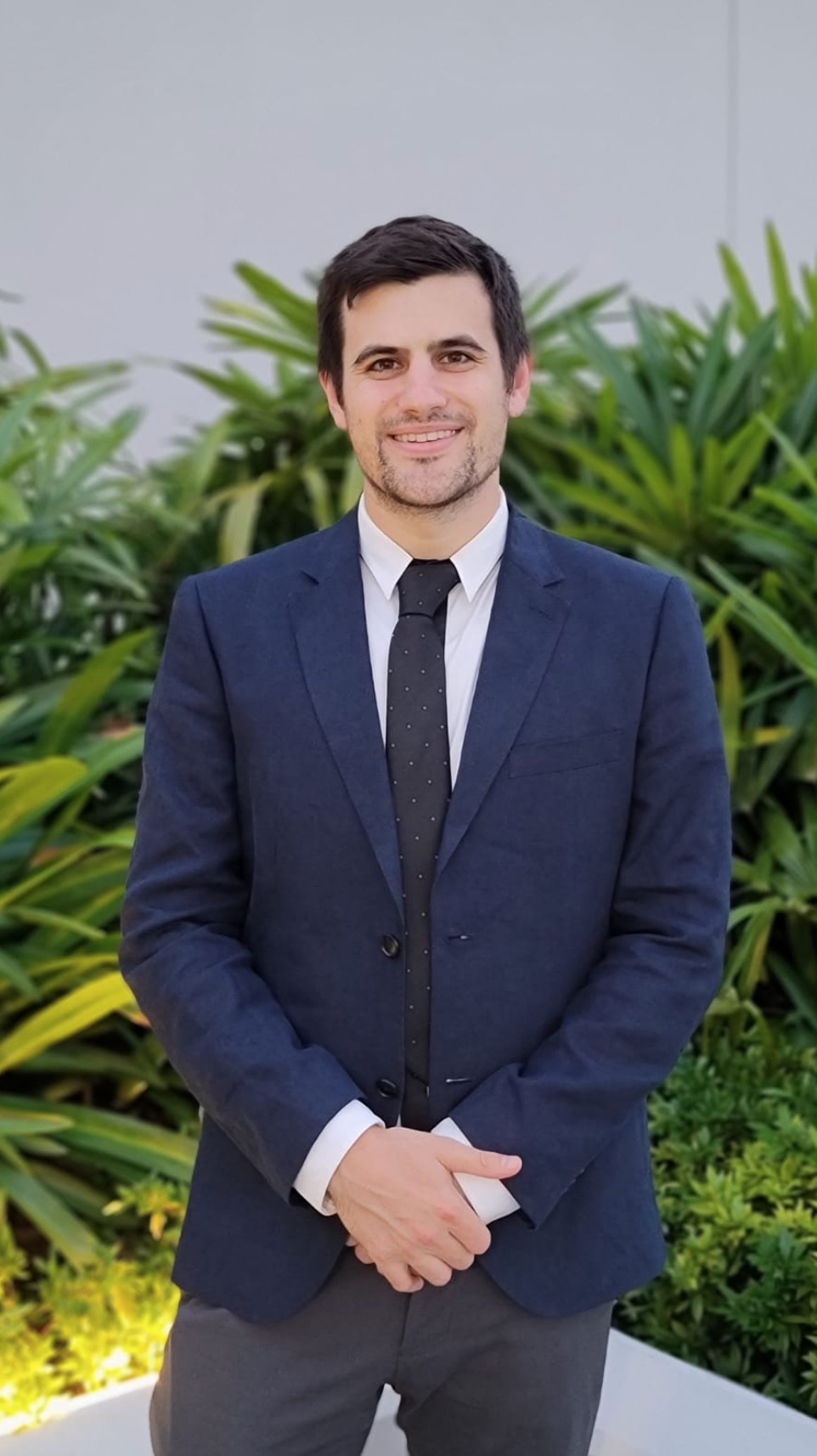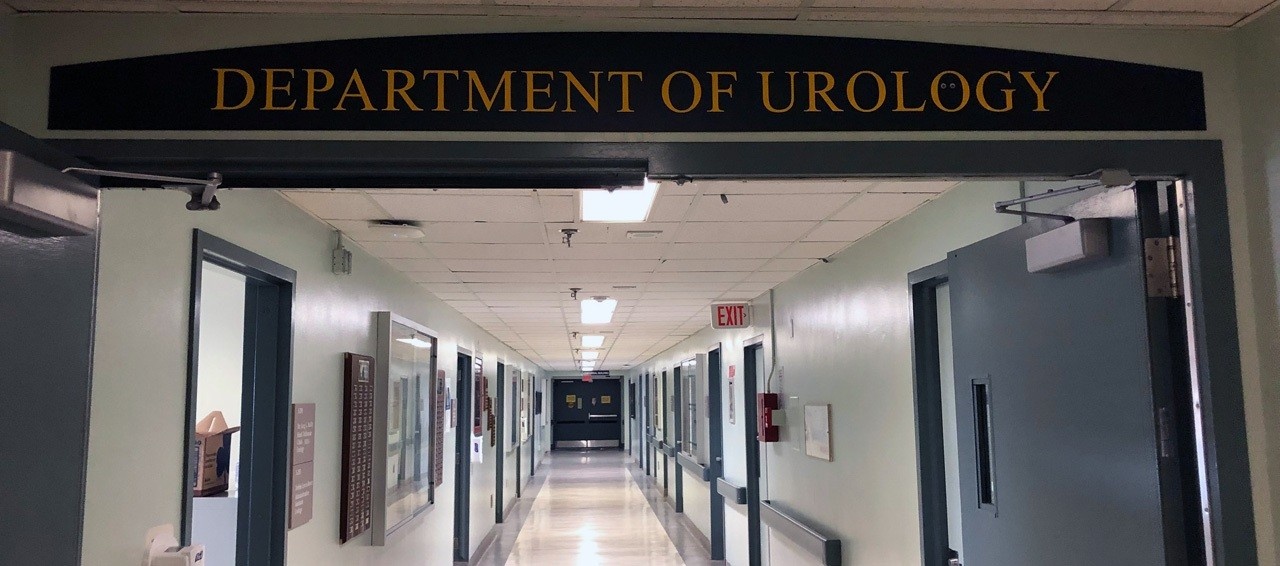Male Infertility
A wealth of services
Our Male Infertility Clinic, led by Dr. Jesse Ory, Dr. Ory is part of AART (Atlantic Assisted Reproductive Therapies), which is Atlantic Canada's major centre for assisted reproductive therapies.
 |
Dr. Jesse Ory
|
Male infertility overview
It is estimated that 7% of couples experience problems with infertility and the man is thought to contribute in about half of these cases and to be the main factor in about a third. It is unclear whether men’s fertility globally is actually decreasing but there have been some studies suggesting that this may be the case. It stands to reason that our exposure to pollutants, recreational drugs, medical treatments including radiation and chemotherapy, and effective contraception that delays childbearing may all be contributing to more and more fertility issues. Fortunately many effective treatments are available for the couple having difficulty having a baby.
Testing
Most experts suggest fertility testing after a year of unprotected intercourse. This is a guideline and some couples or individuals may wish to have testing earlier particularly if they have an inkling that there may be a problem. Certain men with a history of urologic surgery or cancer treatment as a child for example may be interested in getting more information about their fertility.
Fortunately the initial evaluation of the man is fairly simple and for this reason it is generally recommended that the man be evaluated first. The man is asked to perform 2 semen tests as well as a blood test prior to his appointment. The sperm tests need to be collected by masturbation (with 3 days of no sex prior) and brought to the lab promptly and avoiding excessive heat or cold. The blood test is to check the hormones that relate to fertility in men and include LH, FSH, testosterone and prolactin. It should be performed between 8-10am but no fasting is required. These tests can be performed at any hospital lab.
Some patients will require additional tests once they have been evaluated. This may include genetic testing such as a chromosomal assessment (karyotype) or specific genetic probes looking for cystic fibrosis or Y chromosome mutations. These tests are provided at Genetics Lab at the IWK hospital.
Additionally, more advanced semen tests can be provided through the specialized lab at the AART. These tests are performed by a trained embryologist and include specific testing for white blood cells, anti-sperm antibodies, computerized sperm movement as well as sperm function assessment. The latter test becomes important if assisted technologies such as In Vitro Fertilization (IVF) are required. Testing for Reactive Oxygen Species (ROS) can be arranged through collaborative laboratories.
Referral
All specialists’ appointments require referral by a family doctor. This can be to any urologist or to Dr. Ory who is fellowship trained in the field of male infertility. He sees patients at Cobequid, HI and AART. In general, once the testing is completed, an appointment will be within 3-4 months based on our current wait times.
Treatments
Currently all available fertility treatments are provided through a collaboration between Dalhousie Urology and AART. Couples are encouraged to attend the clinic together and both partners can be evaluated and treated under one roof by specialists who interact at the same clinic.
Treatments range from advice on life style factors (e.g. smoking, weight control, avoidance of heat) to suggestions on sexual practices (lubricants, frequency). Certain medications can cause fertility problems and can be adjusted or stopped temporarily.
Patients with a varicocele or an obstruction of the ducal system may consider micro-surgery which we provide regularly. A common microsurgery is for the reversal of vasectomy. More difficult situations may require surgical retrieval of sperm directly from the testicle using a technique called micro dissection. This requires the embryologist to come to the operating room to optimize the results.
Certain conditions will require the use of IVF. The addition of Intracytoplasmic Sperm Injection (ICSI) has revolutionized this procedure when sperm are not perfect and gives high fertilization rates. Fortunately the success rates at AART have been some of the best in the country. Unfortunately these techniques are expensive and not covered by public health care in Nova Scotia.
Sexual dysfunction overview
Sexual function is essential to mankind. Essential for fertility and important for relationships and for enjoyment of life overall. Sexual dysfunction is extraordinarily common. An easy rule of thumb in men is that the incidence in percent is the same as the man’s age. So by age 60 about 60% of men will be have some trouble. This formula does not apply to younger men and many of the men affected have only a mild problem.
Sexual dysfunction in men encompasses many different types of disorders ranging from low desire to ejaculation problems to disorders of erection including pain, curvature and poor rigidity. Many disorders are seen in combination.
We encourage men to bring their partners to the visit if possible.
Testing
Most important is a detailed history and physical by a trained urologist but hormone testing including total and bioavailable testosterone is often performed and in certain situations duplex Doppler ultrasound on the penis can provide important information about blood circulation.
Treatments
A range of treatments are provide in our clinic tailored to the dysfunction. Patients with low libido may be candidates for counseling, medication adjustment or hormone replacement. Naturally we employ the commonly used ‘Viagra’ type medications but many of our patients have already tried these and are looking for other options.
An important alternative is Trimix injection which is a combination of 3 medications that all increase penile blood flow. This medication is injected into the penis immediately before sexual activity and has a high success rate. We have designated nurses who teach the injection technique.
Patients who fail or are not interested in Trimix injection may consider a penile implant. These are inserted surgically and do carry some risk of infection and malfunction. Provincial healthcare covers a semi rigid Implant although some patients opt for an inflatable device that give a more natural erection.
Many patients present with penile curvature or pain often related to Peyronie disease. Disabling curvatures can be treated surgically with a straightening procedure or with an implant. Collagenase injections into penile scar tissue is a new and evolving treatment which is being evaluated.
